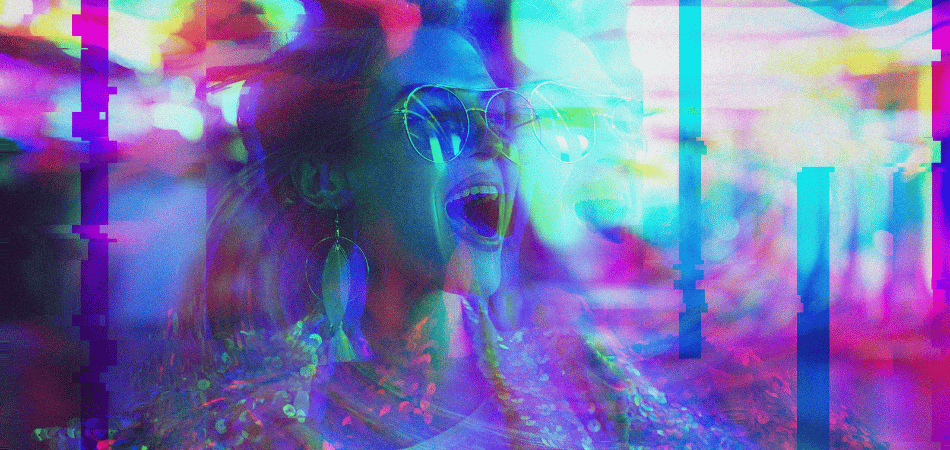
What is salvia?
Salvia divinorum, often referred to simply as “salvia,” is a psychoactive plant native to Mexico. It contains the potent hallucinogen salvinorin A, which can induce intense psychedelic experiences when consumed or smoked. Salvia divinorum has gained popularity as a recreational drug in some circles, although its use and legality vary widely across different regions.
Is salvia addictive?
While physical addiction to salvia has not been conclusively proven due to its unique pharmacological profile, the potential for abuse and psychological dependency exists. Salvia abuse can lead to a range of negative effects, from short-term issues such as:
Who is most at risk?
People who are most at risk of developing problematic patterns of salvia use include:
It’s important to note that while psychological dependence on salvia is possible, it is not as common or well-documented as with other substances. However, anyone considering using salvia should be aware of the potential risks and approach its use with caution. Additionally, seeking support from healthcare professionals or addiction specialists can be beneficial for individuals struggling with substance use issues.
Symptoms of salvia addiction
Some of these indicators could be:
Physical symptoms
While salvia addiction may not manifest with physical withdrawal symptoms characteristic of substance dependence, repeated use of salvia can lead to certain physical changes in the body.
- Tolerance: With continued use, individuals may develop a tolerance to salvia, requiring increasingly larger doses to achieve the desired effects. This tolerance can be a sign of escalating use and may indicate the development of a problematic pattern of consumption.
- Withdrawal-like symptoms: Although not as pronounced as with some other substances, individuals who abruptly cease using salvia after prolonged use may experience mild withdrawal-like symptoms. These symptoms can include irritability, mood swings, and sleep disturbances, reflecting the body’s adjustment to the absence of salvia.
- Physical health issues: Chronic use of salvia may lead to physical health issues, such as respiratory problems from smoking the plant material or gastrointestinal issues from consuming salvia extracts.
Psychological symptoms
The psychological effects of salvia addiction can be profound and may impact various aspects of an individual’s mental well-being. Some common psychological symptoms of salvia addiction include:
- Obsessive thoughts: Individuals addicted to salvia may experience obsessive thoughts about obtaining and using the substance. These thoughts can dominate their mental landscape, leading to difficulties in focusing on other aspects of life.
- Cravings: Intense cravings for salvia, characterised by a strong desire or urge to use the substance, are a hallmark symptom of addiction. Environmental cues or emotional stressors can trigger these cravings and may lead to compulsive drug-seeking behaviour.
- Psychological distress: Prolonged salvia use can contribute to psychological distress, including anxiety, depression, and paranoia. Individuals may experience heightened levels of anxiety or panic attacks, especially during periods of abstinence or when unable to access salvia.
Behavioural symptoms
The behavioural manifestations of salvia addiction can significantly impact an individual’s daily functioning and relationships. Some common behavioural symptoms of salvia addiction include:
- Social withdrawal: Individuals addicted to salvia may withdraw from social activities and relationships in favour of using the substance. They may isolate themselves from friends and family members and prioritise salvia use over social interactions.
- Neglect of responsibilities: Salvia addiction can lead to neglect of responsibilities at work, school, or home. Individuals may experience a decline in academic or work performance, neglect household chores or responsibilities, and struggle to meet obligations.
- Engaging in risky behaviour: Addiction to salvia may prompt individuals to engage in risky behaviours to obtain or use the substance. This can include driving under the influence of salvia, stealing money or valuables to fund their habit, or putting themselves in dangerous situations to acquire salvia.
Treatment options for salvia addiction
Treating salvia addiction typically involves a blend of therapeutic approaches, community support, and, in some cases, medication to address underlying mental health issues. Here’s an overview of alternative treatment options:
Next steps
If you or someone you know is struggling with salvia addiction, don’t wait to seek help. Professional assistance is available to support you on your journey towards recovery. Take the first step today by reaching out to addiction specialists or healthcare professionals who can provide personalised treatment options and guidance. Remember, you don’t have to face this challenge alone.
Call our admissions line 24 hours a day to get help.






